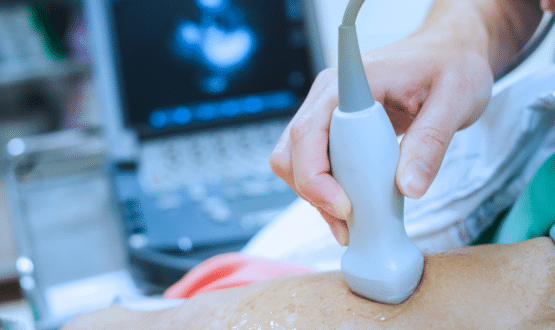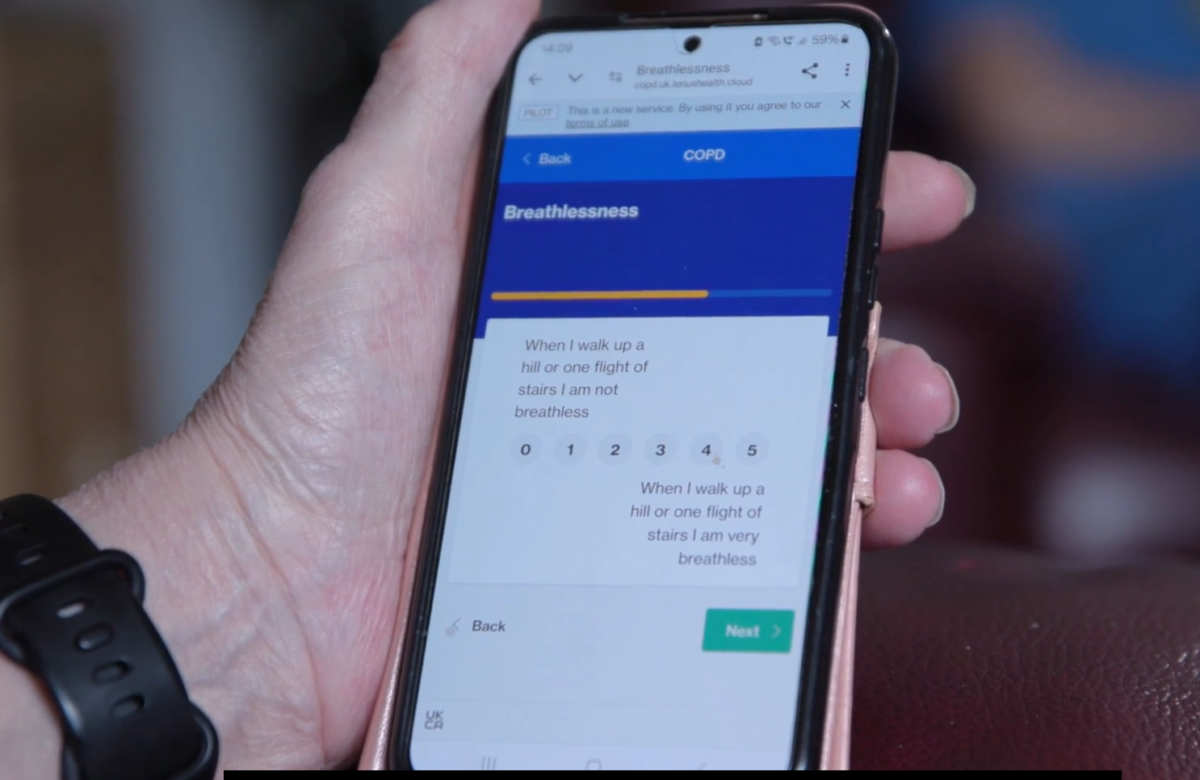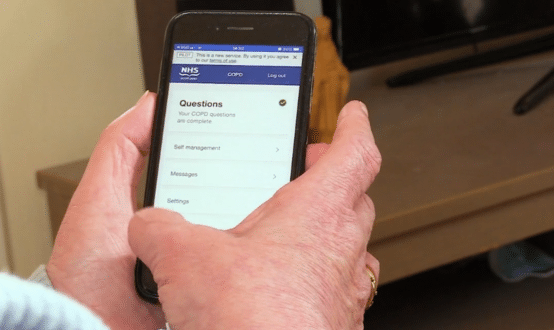Lenus Health rolls out heart failure diagnostic at Blackpool CDC
- 19 February 2024

Lenus Health, a supplier of predictive AI solutions, will roll out its heart failure diagnostic tool at Fleetwood Community Diagnostics Centre, part of the Blackpool Teaching Hospitals NHS Foundation Trust and the Lancashire and South Cumbria Diagnostics Collaborative.
The roll-out of the heart failure tool is the first of a series of implementations of the Lenus Health diagnostics products within CDCs. The company has contracted directly with the trust, using funds locally disbursed under NHS England’s Community Diagnostic Centre Programme.
The scale-up pilot aims to drive service efficiencies and reduce time to treatment for patients awaiting ECHO tests. It would also help build the business case for use workflow automation software to help streamline diagnostics pathways and establish digital foundations for home-based testing for certain conditions.
Looking across disease pathways
Lenus Diagnose – which is designed to automate clinical workflows and reduce time to diagnosis across a range of chronic conditions, including COPD and asthma – is one of three product lines the company offers, CEO Paul McGinness told Digital Health in an interview.
“We believe there is a kind of wider issue around how you manage disease across the pathway, so we have three pillars to our proposition – diagnose, stratify and treat,” he said. Lenus’s stratify line consists of a set of machine learning models capable of stratifying risks in patient populations, while the treatment solutions include digital tools for supporting the remote monitoring of patients who are higher risk, and optimising therapy as earlier as possible.
In September, a study found that admissions and hospital bed days were both reduced by 50% for high-risk COPD patients using Lenus Health’s digital support service.
On a broader level, McGinness added, Lenus Health is aiming to address the fragmentation of pathways that make it harder to implement the most innovative AI-driven diagnostic devices. “The full digitisation of pathways for diagnosing and managing patients with chronic conditions is really what we are about and what we think is really important,” he added.
The company believes that a focus on diagnostics can help address the NHS’s challenges with reducing waiting times, McGinness said, in part by making it easier to identify patients who could benefit from virtual wards.
“We think that going upstream to the diagnostics area is actually a really key way to try to get registries of patients,” he said. “And then, using our models, we can stratify and work out who should actually be onboarded to more of these high-risk monitoring services, such as remote monitoring and virtual wards.”
The company’s heart failure diagnostic aims to help speed up this process. Currently, 80% of heart failure diagnoses are made in emergency departments, McGinness said.
Although the current pilot project at Fleetwood focuses on heart failure, Lenus also have live pathways for COPD and asthma operating at other sites, which could also be deployed in Blackpool, he added.
In addition to the community care settings, the technology will be rolled out in secondary care settings by NHS Humber and North Yorkshire ICB, supported with funding from the NHS England Cardiac Network.




